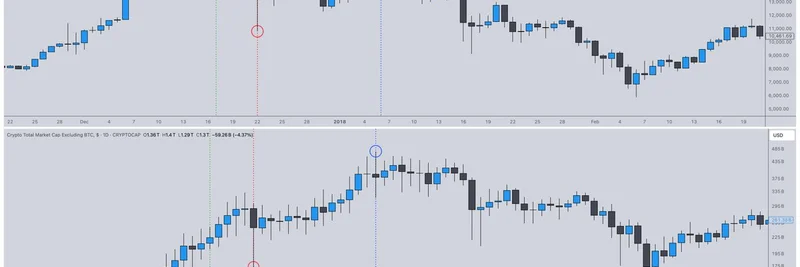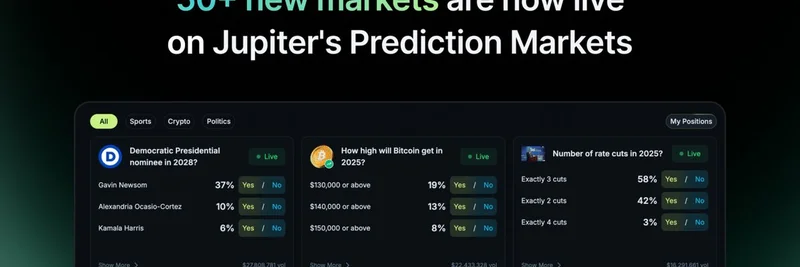In the fast-paced world of crypto, where tokens can skyrocket or tank overnight, one tweet from Seb Montgomery (@SebMontgomery) has sparked a lively debate about token launches. Posted on September 25, 2025, Montgomery shared an "unpopular opinion" that's quickly gaining traction: Jupiter, the popular DEX aggregator on Solana, might have fared better if it had paid market makers and sold portions of its token to investors.
For those new to the scene, Jupiter is a decentralized exchange (DEX) aggregator that helps users find the best swap rates across various Solana-based protocols. Its native token, $JUP, was launched with a heavy emphasis on community airdrops—a "fair launch" approach aimed at distributing tokens widely without favoring big investors. Meow, Jupiter's pseudonymous founder, championed this method to promote decentralization and community ownership.
But according to Montgomery, this idealistic strategy overlooked a key crypto truth: people want the "number go up." In other words, investors prioritize price appreciation over everything else. He suggests that by hiring market makers (firms that provide liquidity to ensure smooth trading and reduce volatility) and selling to strategic investors, Jupiter could have mirrored the success of tokens like $STORY and $ASTER.
Let's break down those comparisons. $STORY refers to the token from Story Protocol, a blockchain platform designed to tokenize intellectual property (IP) and make it programmable for creators. Launched recently, it quickly gained attention with a structured token distribution that included investor sales, helping it build hype and liquidity from the get-go. Similarly, $ASTER is the governance token for Aster, a decentralized perpetual futures exchange offering high-leverage trading on crypto and stocks. Backed by notable figures like Binance founder CZ, $ASTER exploded in value post-launch, surging over 2,800% in its first week thanks to strong market making and investor involvement.
Montgomery's point? While Meow's fair launch was well-intentioned, it created a flood of sellers from airdrop recipients cashing out, pressuring the price downward. $JUP is down about 78% from its all-time high, as noted in follow-up discussions. In contrast, the investor-focused models of $STORY and $ASTER fostered buyers and sustained upward momentum, even if it meant less initial "fairness."
The tweet ignited responses from the community. Soju from Meteora (@0xSoju) argued that "number go up" in the style of $ASTER and $STORY often excludes the broader community, favoring short-term gains over long-term sustainability. Zen (@realdezen), also from Meteora, echoed this, saying Jupiter chose the harder path to avoid playing "TradFi games" and build real DeFi value.
Others agreed with Montgomery. @NoBanksNearby highlighted the "brutal lesson": fair launches create sellers, while investor routes create buyers. Dabba Network (@DabbaNetwork) noted that idealistic distributions rarely survive real trading dynamics.
In a follow-up post on September 27, Montgomery clarified he loves Jupiter and holds $JUP long-term, but emphasized that most users care about price performance. He proposed a hypothetical token launch strategy for future projects: include community buy-ins, token buybacks, discounted sales to heavy users with vesting, small airdrops, milestone-based unlocks, utility features, and futarchy for governance (a prediction market-based decision system).
This discussion hits home for meme token enthusiasts too. Many memes start with fair launches on platforms like Pump.fun, but sustaining value often requires liquidity provision and strategic partnerships—echoing Montgomery's advice. Projects like $MOBY, mentioned in the thread, blend utility with meme appeal to keep the number going up.
At Meme Insider, we track these debates because they shape how meme tokens evolve. Whether you're trading cat-themed coins or DeFi giants, the lesson is clear: balance idealism with market realities. What do you think—should more projects pay market makers? Check out Jupiter's official site or Story Protocol for more on these innovations.
Stay tuned for more insights on token strategies that make the number go up!



